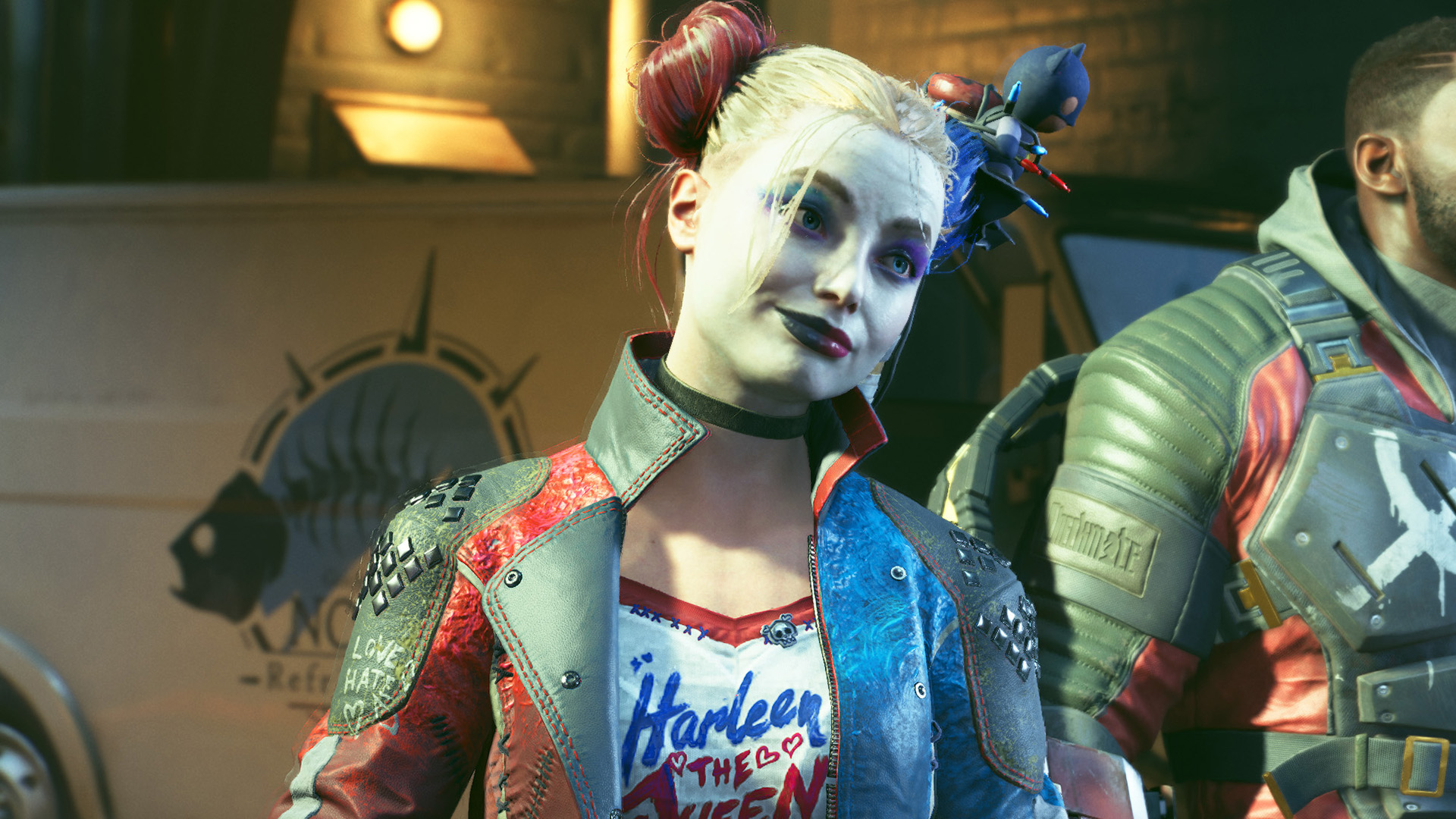
Speaking at the recent Morgan Stanley Technology, Media, and Telecom Conference, Warner Bros Discovery executive JB Perrette said the company wants to expand more into free-to-play and live service games in order to avoid the "volatile" ups and downs of big-budget game releases.
It has indeed been a volatile year for Warner. The company rode into 2023 on the success of Hogwarts Legacy, "the best selling game of the year in the entire industry worldwide," but a year later Suicide Squad: Kill the Justice League failed to live up to expectations, a stumble Warner said left its games business facing "a tough year-over-year comp" in its first financial quarter. Tough enough, apparently, to force a shift in long-term strategy.
"Our business historically has been very triple-A console-based," Perrette said near the end of his session. "That's a great business when you have a hit like Harry Potter, it makes the year look amazing. And then when you don't have a release, or unfortunately we also have disappointments—we just released Suicide Squad this quarter, which is not as strong—it just makes it very volatile."
Perrette said Warner wants to take a more "holistic approach" with its four core franchises—Mortal Kombat, Game of Thrones, Harry Potter, and DC—with a particular focus on "expanding into the mobile and multi-platform free-to-play space, which could give us a much better and more consistent set of revenue." To that end, Warner has a number of free-to-play mobile games set to roll out later this year.
Despite the growing exhaustion in some quarters with the live-service model, it also figures prominently in Warner's plans: "Rather than just launching a one-and-done console game, how do we develop a game around, for example, Hogwarts Legacy or Harry Potter, that is a live service, where people can come in and live and work and build and play in that world on an ongoing basis?"
It's a long-term plan, but Perrette said Warner's ownership of those four major franchises—each of them "billion-dollar-plus business in themselves"—and the fact that it has 11 internal development studios puts it in a unique position to make it work. The goal is to enable those franchises " to live on day to day, week to week, on a much more consistent basis, so you're nurturing that fan base," which Warner can then "monetize in new and different ways."
Much like Embracer's concern for the well-being of its shareholders, that's not the sort of statement that's likely to win Warner many friends among gamers. But Morgan Stanley is an investment and financial services company, so the target audience is far more interested in monetization than, say, itemization. And to be fair, these things do have to make money: The state of the industry right now makes me think that perhaps we've all gone a little overboard in that regard (or a lot), but on the big-budget front at least, no revenues means no game.
Perrette's comments don't come from out of nowhere. In November 2023, Warner Bros Discovery CEO David Zaslav said much the same thing: That Warner wants to shift its focus "from largely console and PC-based with three-four year release schedules to [including] more always-on gameplay through live services, multiplatform and free-to-play extensions," with a goal of "more players spending more time on more platforms." And, one would have to assume, spending more money too.







